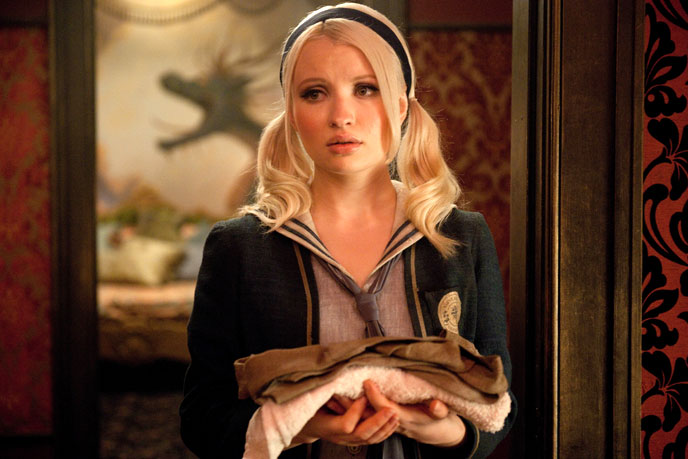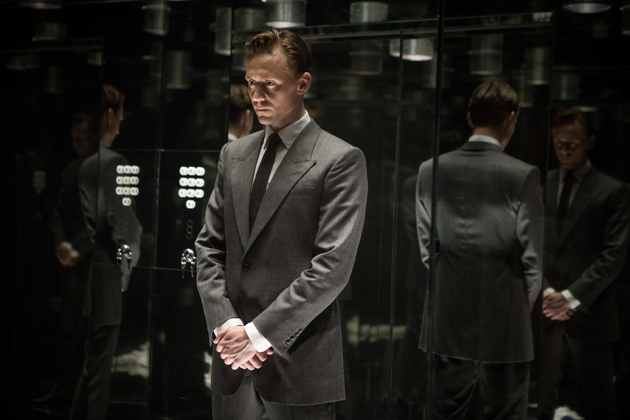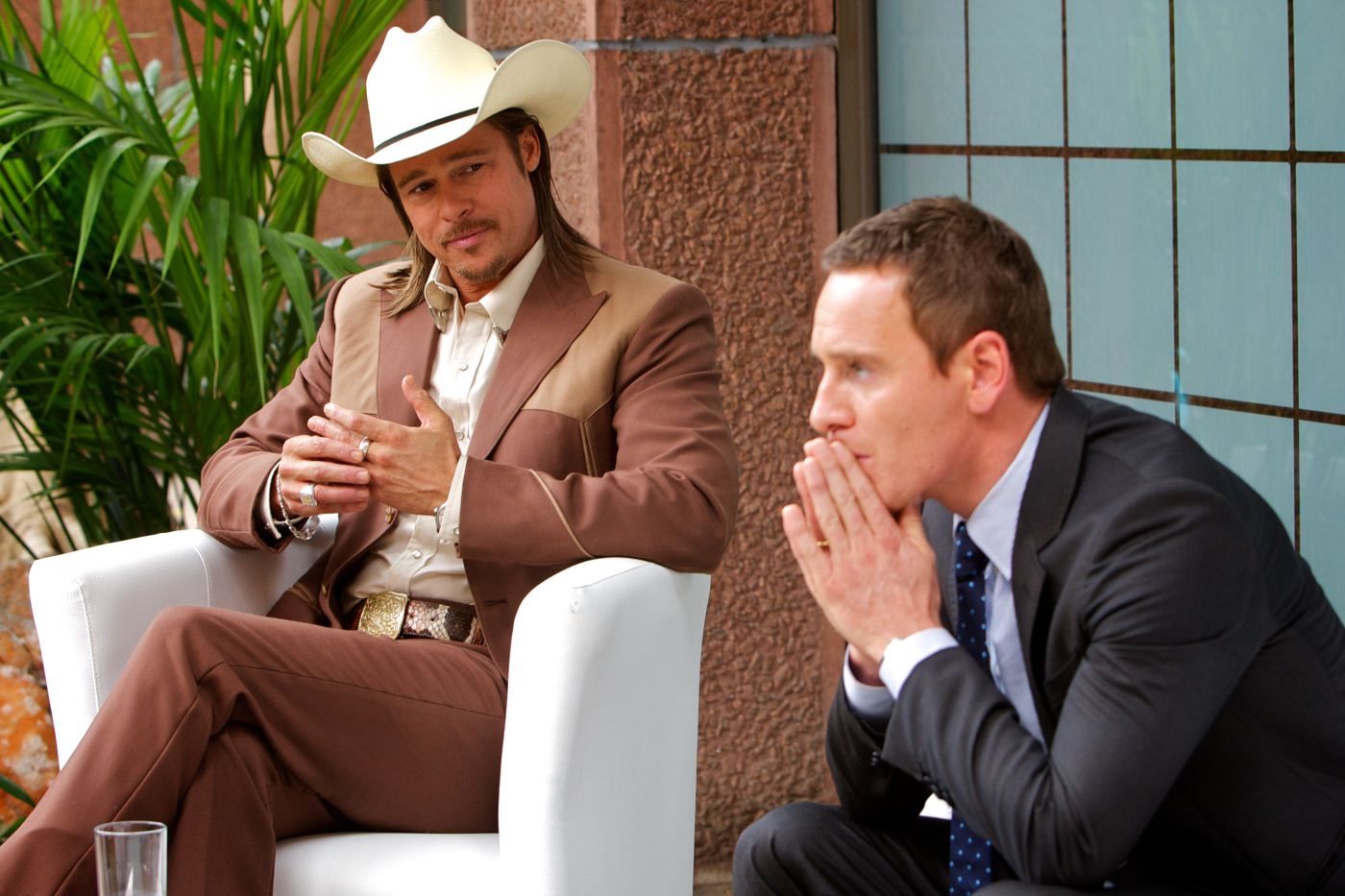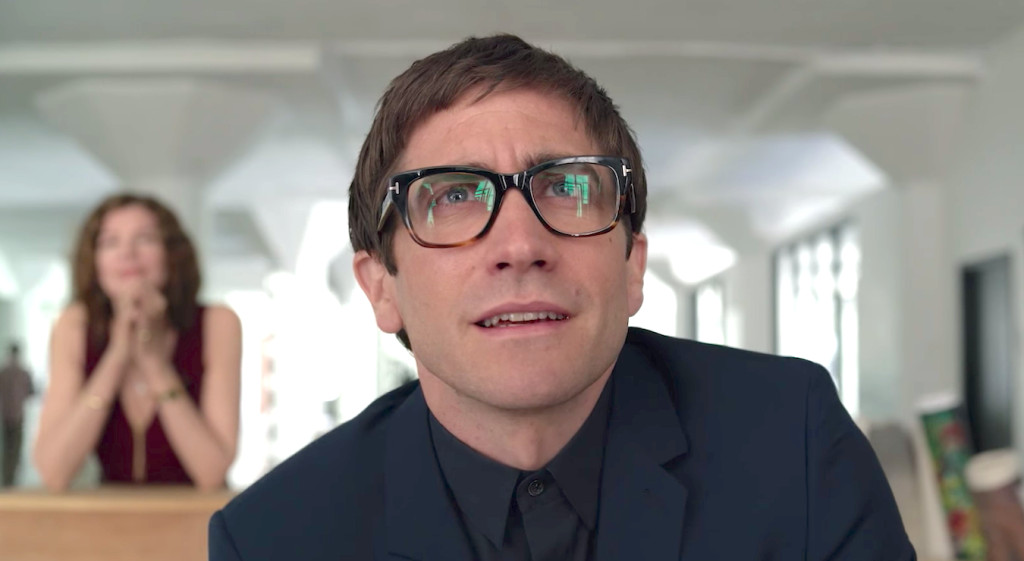6. Sucker Punch

Much like his fetish of the naked male body in “300,” “Sucker Punch” provided Snyder a vehicle to show scantily clad, kickass women. Admitting this weakness, it has to be realized that the film had more to it.
“Sucker Punch” was criticized to be the product of an empty mind, filled with lackluster imagination and a thin plot, to sell the film to the nasty minds who excite at the presence of semi-naked women and gamers who will appreciate the fantasy world. The depiction of sexual violence was also a matter of contention among the critics.
Under the veil of a neopunk attitude, “Sucker Punch” was, in fact, an intelligent and complex crusader of female freedom. Babydoll’s fantasy world was a figment of her own imagination where no one could enter without her permission.
It was her rebellion against the system – to visualize the universe under her control when in real-time, the exact opposite is true. The mental illness was an escape route for Babydoll, to proclaim the world as her own. Presented in disguise, “Sucker Punch” is one of the best feminist films of recent times, which will be regarded as a cult classic soon.
7. Napoleon Dynamite

“Napoleon Dynamite” was criticized by some reviewers, including Roger Ebert, for being extremely unfunny and unlikable, which is a bad reputation against a film that is labeled as a comedy. So influential is the film that a new name was introduced in the pop culture as “Napoleon Dynamite Problem” for the films that feature quirky protagonists in it. The deadpan antics of the lead characters were also underappreciated and the anticlimactic treatment was also under scrutiny.
This is funny considering that people love the deadpan of franchise offering “Deadpool,” yet don’t like an indie film when the protagonist deadpans by nature. The controversy regarding the anticlimactic plot is more sound, but there is no rule that states every film has to maintain the three acts of plot progression. Sometimes there is no conflict, and thus no resolution.
The film provides us a window to the lives of these eccentric characters and our voyeuristic attitude enables us to enjoy this facility, provided by the filmmakers. The characters don’t transform to a higher, better human beings after the journey we witness; presumably the guilt embarrasses us for our sneak-peek into their personal life. But we should leave this discussion for psychologists and sociologists; “Napoleon Dynamite” was a fantastic film.
8. High-Rise

Based on the pioneering dystopian novel “High-Rise” by J.G. Ballard, this film of the same name was divisive in its very first public screening at the Toronto International Film Festival. The sociologist in Ballard helped him to create a terrifying worldview of the enclosed, luxurious, all-encompassing social reality of Tower blocks.
This time, the non-coherent treatment of the film was the villain along with the claustrophobic and chaotic atmosphere that the film was bathed in. The slow, chilling descent to madness was sacrificed for a more robust, discomforting view of the disintegrating social strata and madness.
The point of a film adaptation doesn’t lie in a perfectly literal translation, but the rebottling of the same spirit. The more intimate and affecting medium of cinema provides a visceral atmosphere that is needed to frighten to viewer before the calamity takes over. If “High-Rise” feels meddled and hypnotic, it is intentional to point out to our future that is on the verge of a breakdown and needs to be saved.
9. The Counselor

Ridley Scott has always had a fair share of distractors, but his 2013 “The Counselor” was disregarded by a large number of people. The film deals with a subject that is more suitable for arthouse audiences, but its treatment is highly mainstream. A meditation on mortality, love, and lust is primarily thought to be made in the style of “21 Grams,” but “The Counselor” was more “The Wolf of Wall Street” than the former.
“The Counselor” was a well-made film, but failed to properly anticipate its target audience. If philosophizing out of the terrain of a literary, self-conscious society makes one comfortable, the sexy, glossy world is also present there to enjoy.
10. Velvet Buzzsaw

Dan Gilroy’s follow-up to the excellent “Nightcrawler” has been widely misunderstood by people to date. An intentionally campy treatment to expose the pretention of the art world, “Velvet Buzzsaw” is a frightening reminder to the art dealers that the dead souls are busy guarding the copyrights of their artwork from hell.
Jake Gyllenhaal is excellent in using his physicality and the invented mannerism as the feminine art critic Morf Vandewalt, who is balancing his pretension with originality. John Malcovich features as an old artist who is dealing with creative block, but doesn’t succumb to easy route to wealth. It is difficult to believe that the critics didn’t get the inherent message of this intelligent film, which ridicules them to a large extent; the negative reviews were probably an act of retribution.